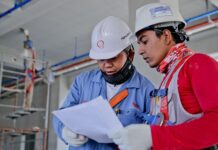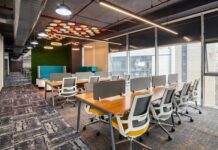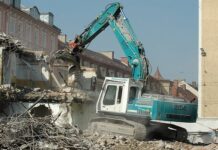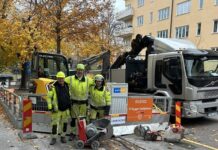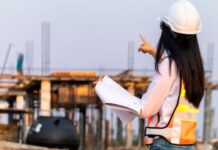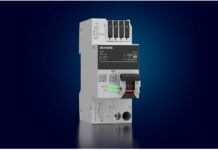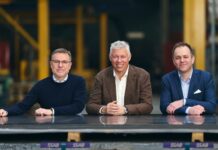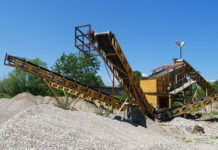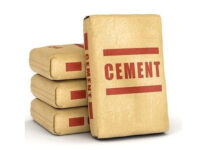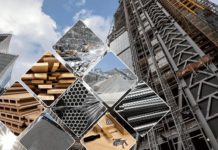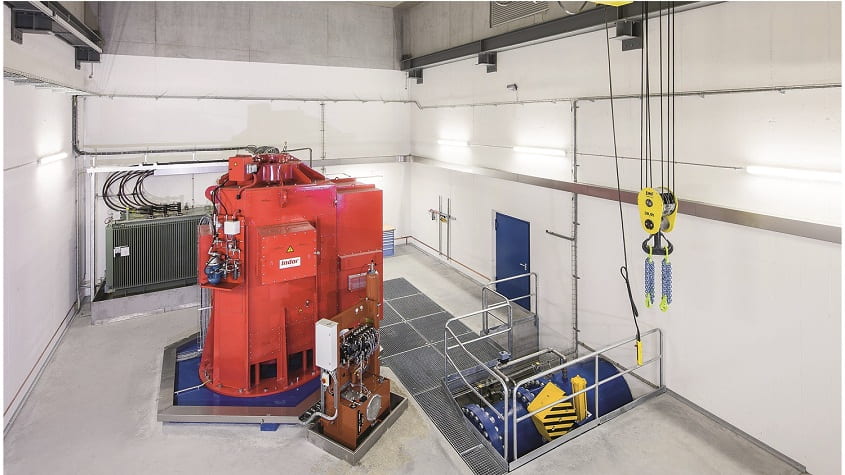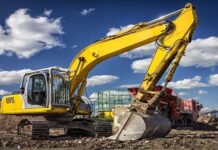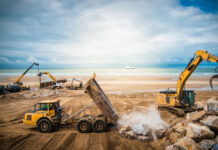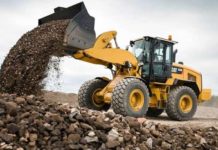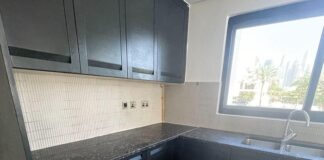Buers (A)/Pune (IN). Turbines, motor-driven boiler feed pumps (MDBFP), compressors and fans cause vibrations in power plants, affecting people, buildings and equipment in the surroundings.
Getzner has installed its innovative anti-vibration materials in more than 15 Indian power, steel and chemical plants, providing effective vibration mitigation of deep-seated foundations.
“Heavy turbines or pumps can be installed on deep-seated foundations with full-surface bearings”, says Mr. Risbood. In India, Getzner has provided this innovative solution in more than 15 power, steel and chemical plant projects throughout the country. Among them are the Essar Power plants in Salaya and Mahan, the GMR Energy plant in Raipur and the Costal Energen plant in Tuticorin.
Significant cost reduction
The vibration mitigation characteristics of the in-house developed materials Sylomer® and Sylodyn ® are second-to-none in the market. Mr. Risbood: “Furthermore, the installation is easy and quick. No special equipment or staff training is required, and the concrete can be poured directly on the Sylomer or Sylodyn isolation layer.” In deep-seated foundations, the isolation layer is usually provided as a full-surface bearing. The system can be designed for in-situ concrete construction and for construction with pre-fabricated elements. “The elastic layer does not need any maintenance. The slab design is simple and cost effective. All of this leads to significant cost reductions for deep-seated foundations”, emphasizes Mr.Risbood.
One example: Steigs Power Plant
The Steigs Power Plant in Mels, Switzerland, is a good example for efficient vibration isolation. During the construction of the new underground hydroelectric power station from 2013 to 2014, the vicinity to two residential houses and another planned residential complex presented a major challenge. Just as the power plant itself, also the houses a mere 50 metres away stand on a rocky subsoil, which favours the transfer of vibrations. To prevent vibrations and structure-borne noise from being transferred, Getzner elastically decoupled the entire foundation block within the plant using Sylomer® materials. 170m² of different types of the high-tech material were used. The result was outstanding: The level difference achieved with the elastically mounted machine foundation lies between 20 and 45 decibels.The system has also demonstrated the predicted natural frequency of 20 Hz.
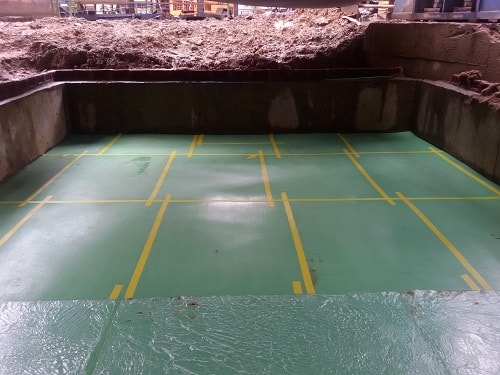
Getzner Werkstoffe GmbH
Getzner Werkstoffe is the leading specialist in the field of vibration isolation and protection. The company was founded in 1969 as a subsidiary of Getzner, Mutter & Cie. Its solutions are based on the products Sylomer®, Sylodyn®, Sylodamp® and Isotop®, all of which were developed and manufactured at Getzner’s own facility.They are used in the rail, construction and industry sectors to reduce vibrations and noise, improve the service life of bedded components and minimise the need for maintenance and repairs on tracks, vehicles, structures and machines.
Getzner markets its vibration protection solutions around the world. Alongside its locations in Buers and in Germany, Getzner also has offices in China, France, India, Japan, Jordan and the USA. Its tightly-knit distribution network in Europe is complemented by its distribution partners in the USA, South America and the Far East. Partners in a total of 35 countries around the world distribute Getzner Werkstoffe products to every location. By reducing noise and vibrations, Getzner is making a valuable contribution towards enhancing the quality of living and working conditions.
Facts and figures – Getzner Werkstoffe GmbH
Founded: 1969 (as a subsidiary of Getzner, Mutter & Cie)
Chief Executive Officer: Juergen Rainalter
Employees: 420 (290 in Buers)
2017 turnover: 95.2 million euros
Business areas: Railway, construction, industry
Headquarters: Buers (AT)
Locations: Beijing, Kunshan (CN), Munich, Berlin, Stuttgart (DE), Lyon (FR),Pune (IN), Amman (JO), Tokyo (JP), Charlotte (US)
Ratio of exports: 94 percent




